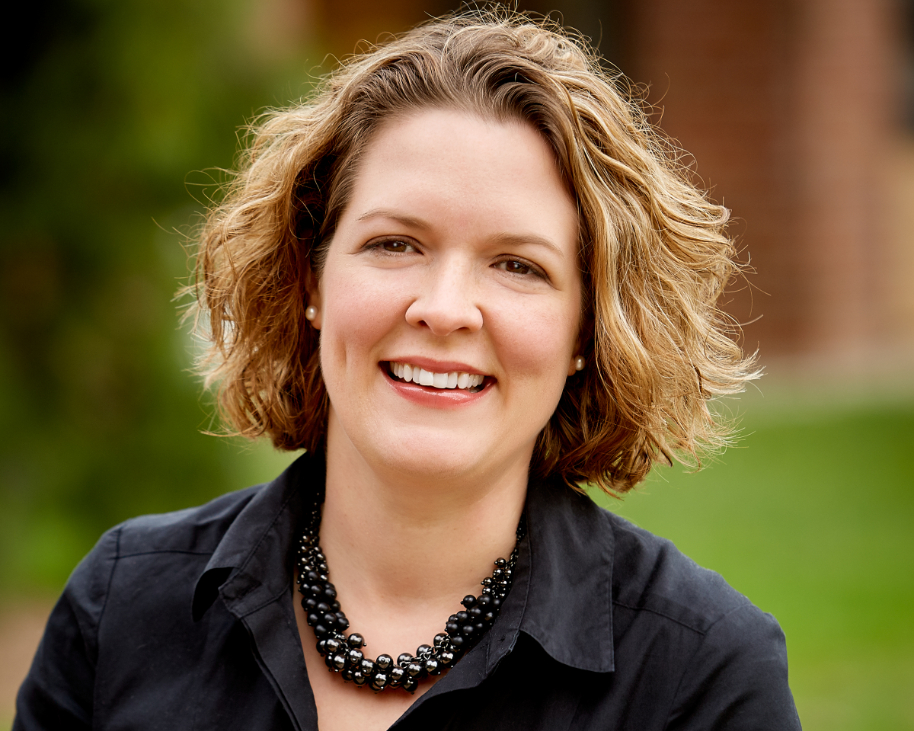By Gillian Doucet Campbell
“Intentional stewardship has discipleship as the goal; more money for the church is a bonus.” This is what researcher and consultant Lori Guenther-Reesor shares from her work with churches across Canada.
Stewardship is different from fundraising. But we have too often conflated the two in our parishes. While giving financially and giving of one’s time and skills is a part of stewardship, real stewardship is motivated by a deep understanding that all that we have and all that we are is from God, and that God calls each of us to give back what has already been provided to us by God.
These provisions are not only for ourselves or even for God alone. They are for each other — for our loved ones and neighbours both locally and far away. God calls us into relationships — into community. And there can be a cost to community —but also a joy — when we invest our time, talent, and treasure.
Giving of our resources, especially giving in a way that makes a noticeable impact on our time, skills, relationships, assets, and bank account, are not simple transactions in our lives. These are the things that define us, and they are intensely, emotionally, connected to us. It’s why we give to our church, or certain ministries, or particular causes. It is not just because we’re asked. It is because we have a mission in life. We give to what will accomplish that mission — to what is meaningful and important to us. Our giving should be intentional and thoughtful as we work at being good stewards.
Giving is a part of our worship. Literally during an in-person church service there is an opportunity to give of our financial resources, but it is more than that. We can worship God through our everyday life by being mindful that we are called to life in Christ and are therefore compelled to love through the sharing of our time, talent, and treasure.
During the pandemic many of us have given to various charities, some of us even more than pre-COVID-19 — be that of our time, our skills, our finances, other resources, or a combination of these. The research from a recent survey entitled, COVID-19 Impact On The Volunteer And Donor Activity Of Religious Canadians demonstrates this generosity of the faithful. We have also seen this in how many of us have supported our community through our parish ministries, or the Diocesan Pandemic Response Fund, or the Migrant Farmworkers Project, by providing finances, canned goods, meal deliveries, running errands for others, phone calls to parishioners, providing masks, prayer, and so much more. The giving of these gifts is inspired by our faith.
Research from the Canadian Association of Gift Planners demonstrates that planned giving has also increased during this unsettling time. While some donors are unable to give directly now, they are working with their financial planner to ensure that when it makes sense they will provide a larger cash gift, or a gift of stock, or sign over a life insurance policy to a charity of their choice, such as their parish. The research also shows that 31% of Canadians are willing to consider a charitable gift in their will. A gift in a will is an enduring gift that allows us to demonstrate what has been meaningful and important in our lives.
Paul Walker, rector for St. John’s, Elora, said in relation to their endowment fund, mostly supported by gifts from wills, “people had a warm feeling about their association with the parish, and they knew they were giving towards something that will outlast their own lives. It would be a gift beyond their generation to allow others to experience the same feeling of being cared for by a community of faith.”
Stewarding our gifts out of love for God and in response to God’s provisions to us demonstrates our commitment to faith formation, caring for our community, and strengthening vital ministries as we partner with other local to wider communities. Stewarding our gifts through a planned gift, such as a gift through a will to our church is a continuation of our gratitude to God. It is one last gift we offer from a lifetime of giving and receiving.

To learn more about wills or other financial gift planning, contact Gillian Doucet Campbell, Director of Stewardship and Development, at [email protected]

Resurrection of Hope in Thundering Waters